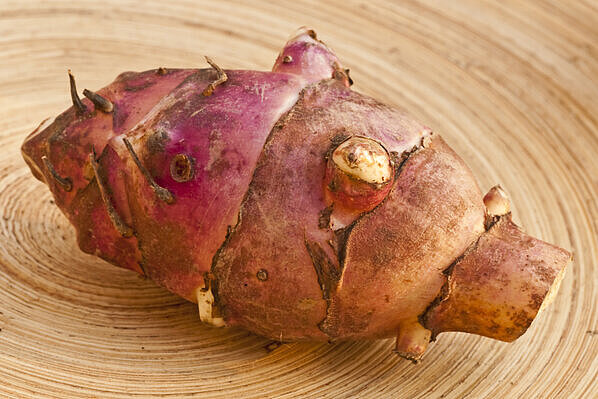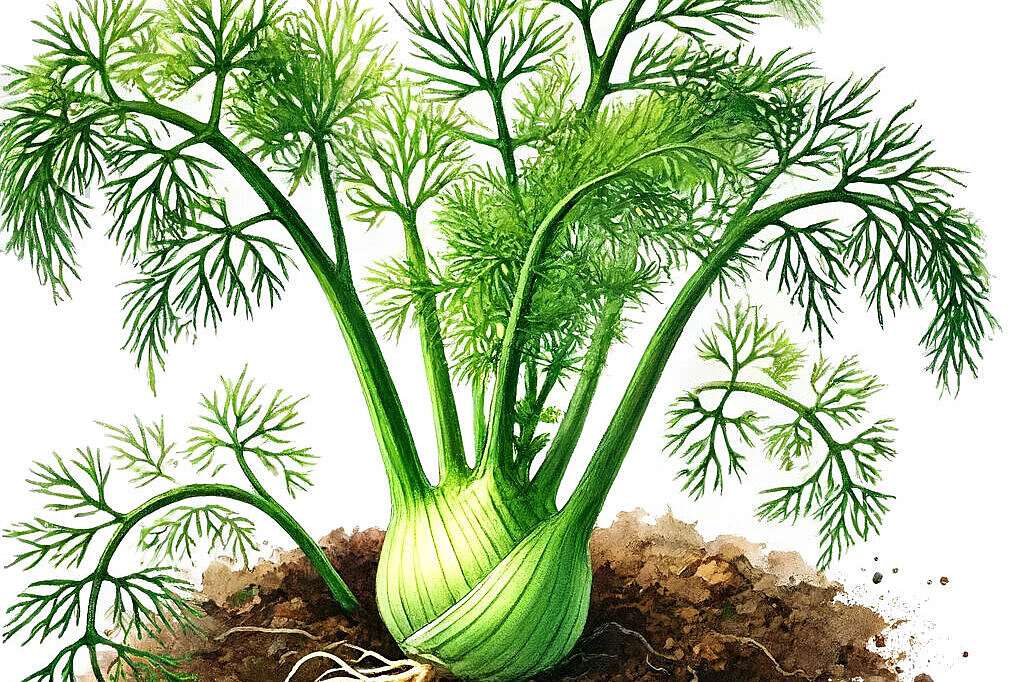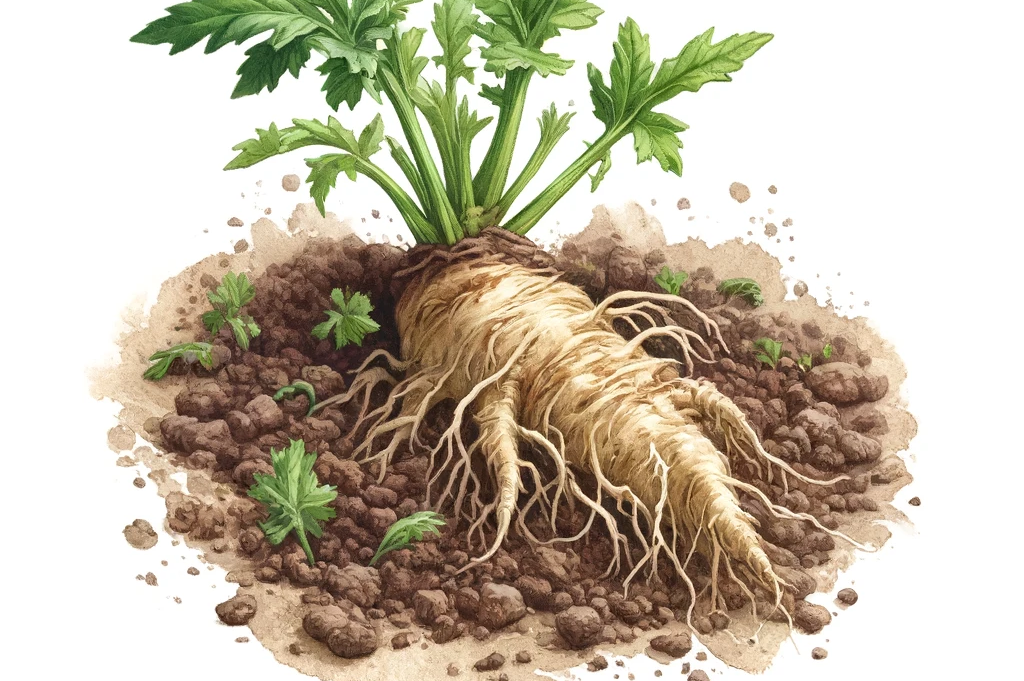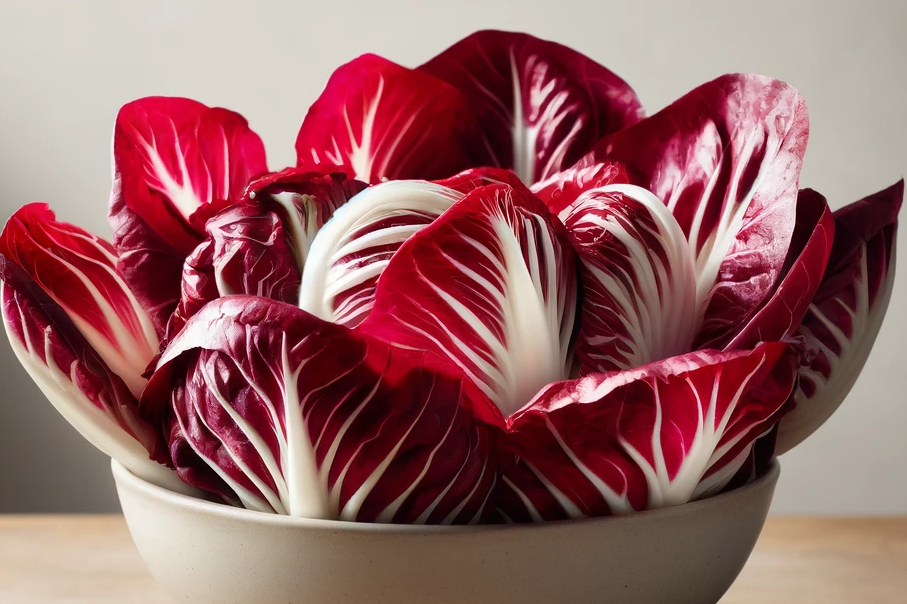Artichokes
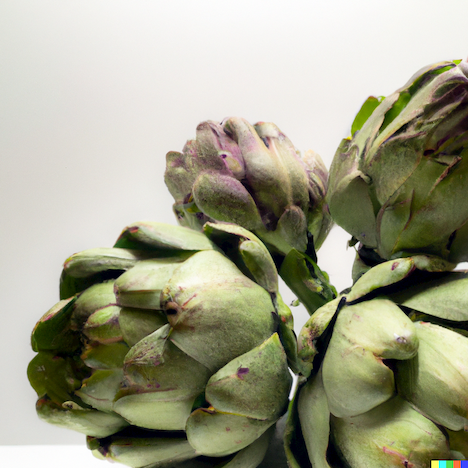
Do you like artichokes and wonder if you can share them with your dog? The answer is yes, but with a few caveats. In this article, you'll find out what artichokes are, what advantages and disadvantages they have for dogs and how best to feed them.
What are artichokes?
Artichokes are the flower buds of a type of thistle that originally comes from the Mediterranean region. They have been prized as a delicacy for centuries and have a slightly bitter taste. Artichokes consist of a fleshy base (the heart), a hairy core (the hay) and many scale-like leaves (the scales). Only the heart and the lower parts of the leaves are usually used for eating.
What are the benefits of artichokes for dogs?
Artichokes contain many vitamins, minerals, fiber and phytochemicals that are good for your dog's health. They can, for example:
- Support liver function
- Promote fat digestion
- Stimulate the metabolism
- Strengthen the immune system
- Slow down cell ageing
What are the disadvantages of artichokes for dogs?
Artichokes are not toxic to dogs, but they can cause some problems if you feed them incorrectly or too much. These include:
- Constipation: The high fiber content in artichokes can overwhelm your dog's digestive tract and lead to constipation. This can happen especially if your dog swallows the hard parts of the leaves or the hay.
- Milk production: If you have a lactating dog, you should not give her artichokes. They can inhibit milk production and therefore affect the supply of milk to the puppies.
- Taste: Not all dogs like the bitter taste of artichokes. If your dog doesn't like them, don't force him to eat them. There are plenty of other healthy vegetables for him.
How do I feed my dog artichokes?
If you want to give your dog artichokes, you should follow a few tips:
- Choose fresh or frozen artichokes without additives. Canned or pickled artichokes can contain too much salt or vinegar, which can be harmful to your dog.
- Cut the artichoke into small pieces and remove the hay and hard parts of the leaves. These can get stuck in your dog's throat or stomach and cause choking or constipation.
- Boil or steam the artichoke briefly in water without salt or spices. This makes it softer and more digestible for your dog.
- Only give your dog a small amount as a side dish to their main food. Half to a whole small artichoke per day is enough for a medium-sized dog. Too much can lead to digestive problems.
- Watch your dog after feeding for possible side effects such as diarrhea, vomiting or loss of appetite. If these occur, you should stop giving him artichokes.
Artichokes are flower buds of a type of thistle from the Mediterranean region. They are rich in nutrients and can support liver function, promote fat digestion, stimulate the metabolism and strengthen the immune system. However, they can cause constipation, inhibit milk production in lactating bitches and not all dogs like their bitter taste. When feeding artichokes, you should choose fresh or frozen artichokes without additives, remove the hay and hard parts of the leaves, boil or steam them briefly and only give a small amount as a side dish to the main food.
Properties 5
Are you looking for other ingredients with a specific property?
Just click on them to find more.
If you notice any signs of hypersensitivity or poisoning in your dog, you should see your vet immediately. We are not a substitute for a vet, but we try to be as accurate as possible. Every dog reacts differently and we recommend you get a second opinion or consult your vet if in doubt.
Stay healthy and take good care of your four-legged friend!😊
Similar to Artichokes
Jerusalem artichoke is a plant from the daisy family that is best known for its edible tubers. The tubers look like small potatoes and have a sweet taste. They are also called earth artichokes or...
Fennel consists of three parts: the bulbous fennel, the fennel green and the fennel seeds. The bulbous fennel is the thickest part of the plant, which looks like a bulb and has a sweet taste. The...
Chicory root belongs to the daisy family and is closely related to dandelion and artichoke. The root is around 30 to 60 cm long and has a brown skin and white flesh. It contains a lot of fiber,...
Radicchio is a plant that originally comes from Italy. It is also known as red chicory or red chicory. It has round or elongated heads with purple leaves and white veins. It is usually eaten raw as...
